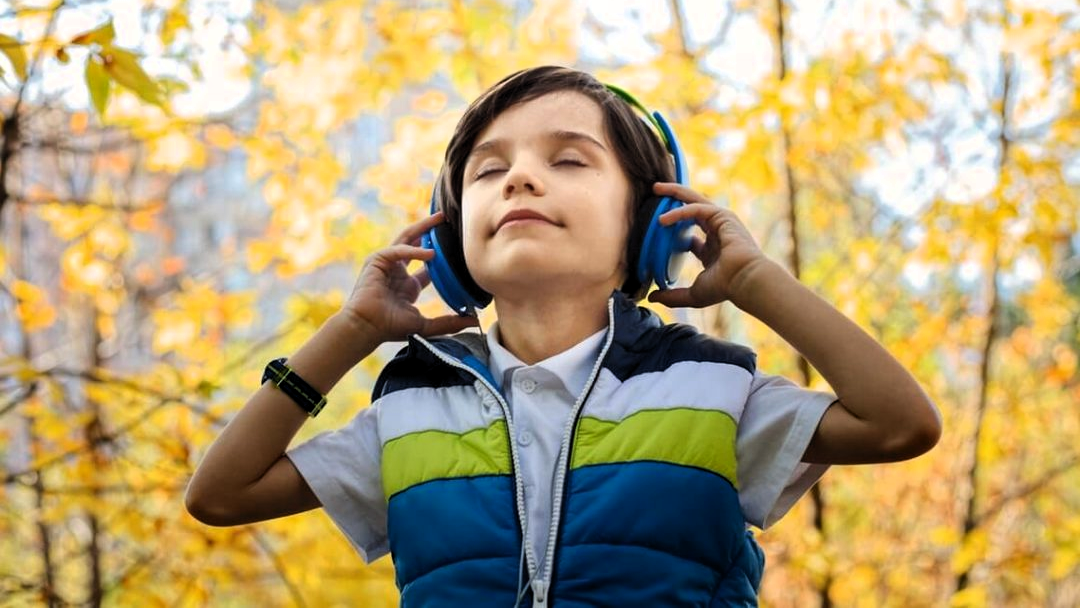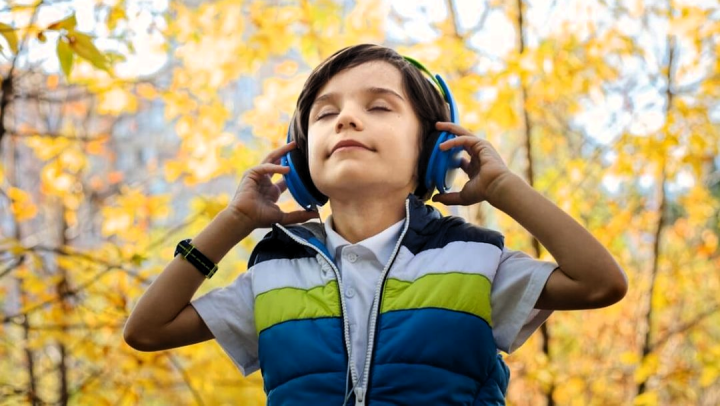
Key Benefits of Music Therapy, Applications for Children, and Modern Perspectives
Introduction to Practical Applications and Future of Music Therapy
Beyond its chemical effects on the brain, music therapy offers tangible, practical benefits across different age groups, particularly in managing chronic conditions and aiding development in children. This section outlines the major therapeutic outcomes and the integration of music into modern life and technology.
Key Benefits of Music Therapy
Music therapy delivers several crucial health and wellness advantages:
- Reduces Stress and Anxiety
- Improves Sleep (often using specific, calming Ragas)
- Pain Control (by increasing endorphins)
- Enhances Memory and Concentration
Benefits of Music Therapy for Children
Music therapy is especially beneficial for developmental and learning processes in children:
- Language Development:
- Music activates the Hippocampus and Prefrontal Cortex, areas linked to learning and language.
- Nursery rhymes and rhythmic activities accelerate the process of language acquisition.
- Children with Special Needs:
- For children facing challenges like Autism and ADHD, music therapy helps:
- Improve social interaction.
- Increase responses and sensitivities.
- Enhance motor skills and body balance through rhythm-based activities.
- For children facing challenges like Autism and ADHD, music therapy helps:
Modern Perspective on Music: A Combination of Technology and Therapy
In the current era of technology and digital living, music offers essential peace for the mind, body, and soul. Research, such as the Mozart Effect, confirms that specific musical compositions can enhance cognitive functions and brain power.
Music stands as life's greatest form of therapy, bringing comfort to both the mind and heart, and serving as a ray of hope for humanity.





